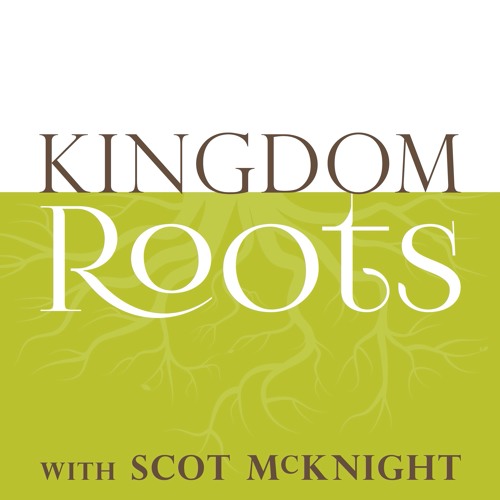

More than one woman who has encountered the harsh edges of evangelical patriarchy has described writing to me “with tears streaming down” her face.

All of these letters are fascinating, and many are deeply moving.
In good evangelical fashion, nearly every writer has shared a personal testimony, describing specific ways in which their own lives align with the narrative of Jesus and John Wayne. Nearly every letter contained some version of, “this is the story of my life.” Because Jesus and John Wayne is a cultural history of evangelicalism that focuses on evangelical popular culture, it tells a story that many ordinary evangelicals recognize as their own. The very first week, I started receiving letters from evangelical women and men who were reading the book. Instead, I’ve been astounded by the gratitude expressed by evangelicals themselves.

For this reason, I’d anticipated significant pushback from evangelical critics. One reviewer described it as “urgent” and “sharp-elbowed,” and I think that gets it exactly right. As the subtitle suggests, the book is not a gentle one. Still, the book’s success thus far is largely due to its reception among white evangelicals themselves. With white evangelical support for Trump remaining the question of the hour, the book has continued to find a national audience, and indeed an international audience, with national media coverage in Germany, Australia, and China-and with coverage in the Netherlands and Japan coming soon. Norton’s Liveright Publishing), the book received some early attention, most notably a pre-publication review at the Boston Globe, an interview with Steve Inskeep on NPR’s Morning Edition the day it released, and coverage at Vox, The New Republic, and an array of other outlets. Against all odds, the book found a small window into which to release in the midst of pandemic lockdowns, a summer of protest, and the general chaos that is 2020.


 0 kommentar(er)
0 kommentar(er)
